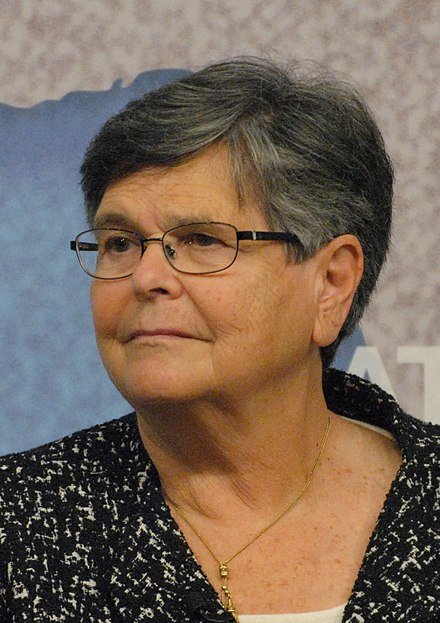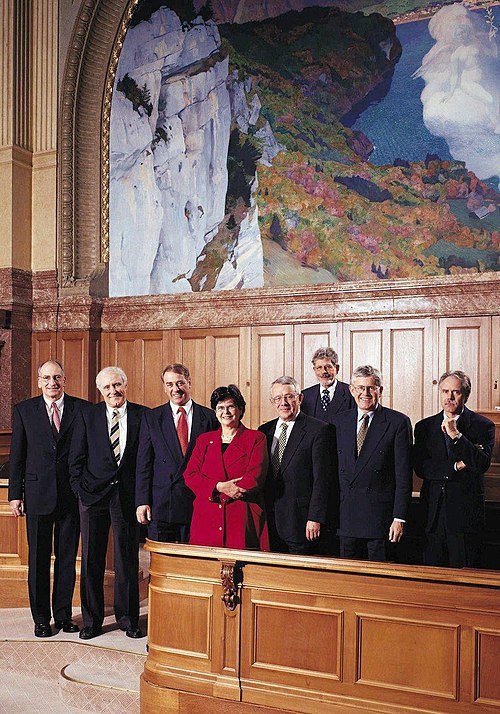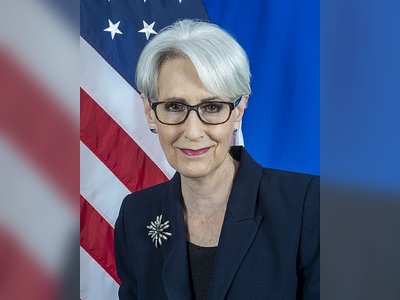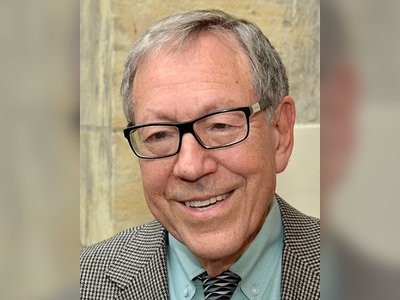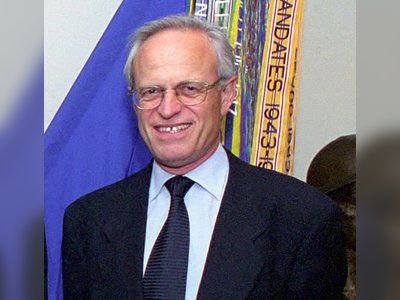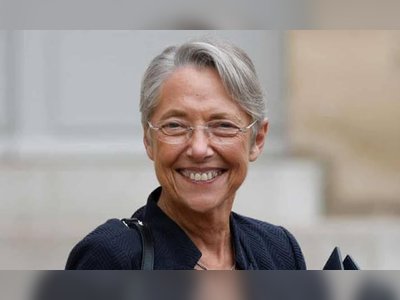Ruth Dreifuss: Switzerland's First Female President and a Champion for Women and Workers
Ruth Dreifuss, born on January 9, 1940, in the city of St. Gallen, Switzerland, made history in 1999 when she became Switzerland's first female president and the first Jewish woman to hold this position.
Early Life
Dreifuss was born into a Jewish family in eastern Switzerland's St. Gallen, Canton. Her father, Zigi Dreifuss (1899-1956), had migrated from Andelfingen in northern Switzerland, where his family had resided since the 17th century. Andelfingen was one of only two towns in Switzerland where Jews were allowed to live until their emancipation in 1866.
Her mother, Jeanne Dreifuss (née Richard) (1905-1962), was born in St. Gallen to a family that had immigrated from Alsace following its annexation by Otto von Bismarck's Germany in 1871.
When Dreifuss was just two years old, her family moved to Bern, and after the war, they relocated to Geneva, where she grew up and received her education. In 1958, she completed her secondary education at the Geneva High School for Commerce and began working as a secretary at a hotel in Ticino Canton.
From 1961 to 1964, Dreifuss worked as a journalist and assistant editor at the Coopération magazine in Basel. Subsequently, she joined her brother and pursued economics studies at the University of Geneva, earning a second degree in 1970. Concurrently, she also worked as an assistant in the Department of Psychology and Sociology.
From 1970 to 1972, she was part of the university faculty and taught in the economics department. In 1972, she left the university and worked as a scientific expert at the Swiss Federal Agency for Development and Cooperation, under the Ministry of Foreign Affairs.
Labor Leader and Politician
Dreifuss joined the Swiss Social Democratic Party in 1965 while still a student at the University of Geneva. During this time, Swiss women did not yet have the right to vote in elections; that right was only granted in 1971. She rose through the ranks of the labor organization, and from 1981 to 1993, she served as the General Secretary of the Swiss Trade Union Federation, becoming the first woman to hold this position.
In 1989, she was elected to the Parliament of the city of Bern, representing her party, and served as a member until 1992, simultaneously with her role in the labor organization.
On March 10, 1993, Dreifuss was elected to the Swiss Federal Council, Switzerland's seven-member executive body, replacing René Felber. This made her the second woman and the first Jewish woman to serve as a minister in Switzerland. On April 1, 1993, she assumed her role as the Swiss Federal Councillor for the Department of Home Affairs, a position she held for nearly ten years, until December 31, 2002.
On January 1, 1998, she was elected by the Swiss Parliament as the Vice President of Switzerland, a one-year appointment, as is customary in Switzerland. In the subsequent year, she was elected and served as the President of Switzerland in 1999, making her both the first woman and the first Jewish individual to hold this position.
Her Jewish Heritage
Upon her election, Dreifuss emphasized her commitment to her Jewish roots. She worked to address the issue of Jewish property confiscated during the Holocaust in Switzerland. She also addressed Switzerland's history during that period when it closed its borders to approximately 30,000 to 40,000 Jewish refugees, many of whom were subsequently killed by the Nazis, stating that the policy of expelling Jewish refugees stemmed from anti-Semitic motives.
In her efforts, she received support from the United States, particularly from Melanne Verveer, the U.S. Ambassador to Switzerland at the time, who was also Jewish and the first female governor of Vermont, making her the first Jewish female governor in the United States.
On June 7, 1999, Dreifuss received an honorary Doctor of Philosophy degree from the University of Haifa for her public service, particularly her advocacy for women and her friendship with the State of Israel. A year later, she received a similar honorary degree from the Hebrew University of Jerusalem.
Post-Political Career
On December 31, 2002, Dreifuss resigned from her position as a federal councillor in the Swiss government. However, she continued to be actively involved in various international activities. Today, she focuses on international work for women's rights and labor rights.
In 2005, for example, she led a mission for the International Labour Organization (ILO) to investigate the situation of workers in Myanmar (formerly Burma), returning with shocking findings regarding ongoing forced labor in the country.
Furthermore, she remains engaged in numerous other international endeavors. In 2004-2005, she chaired a special committee on intellectual property and public health established by the World Health Organization. In June 2011, she participated in a global committee to establish international drug policy, which resulted in groundbreaking conclusions on the issue.
Ruth Dreifuss's remarkable life and career have left an indelible mark on Switzerland and the world. As a pioneer for women's rights, a champion for workers, and a voice for justice, she continues to make significant contributions to society long after her political tenure.
- רות דרייפוסhe.wikipedia.org
